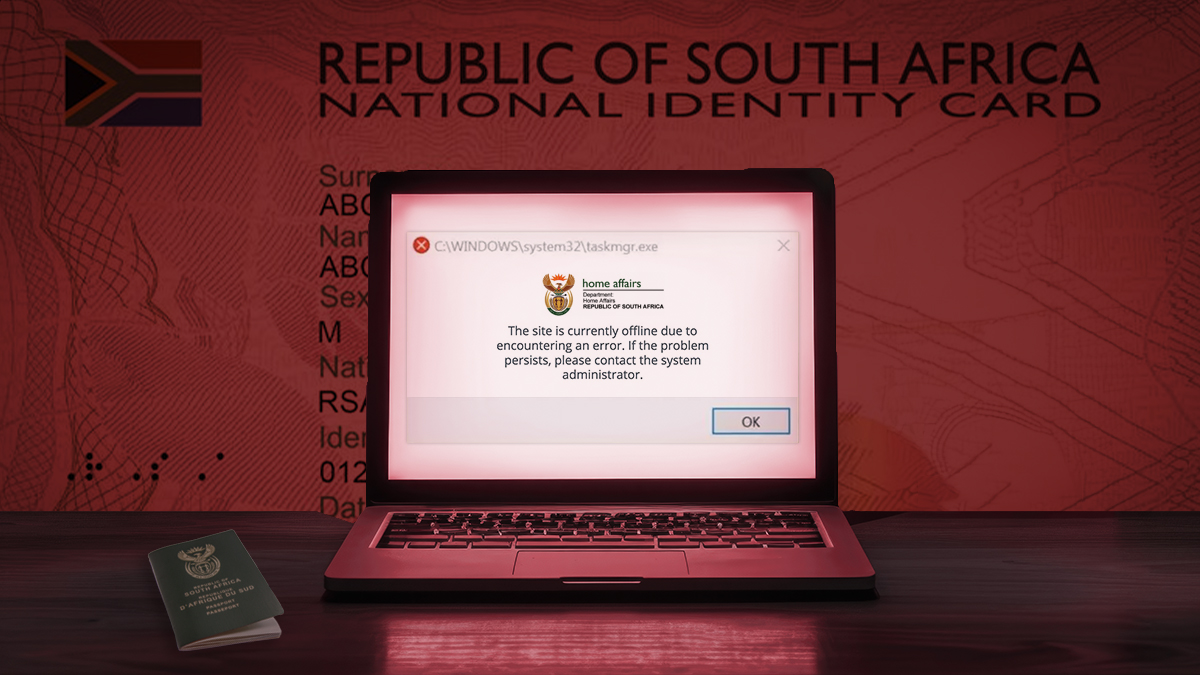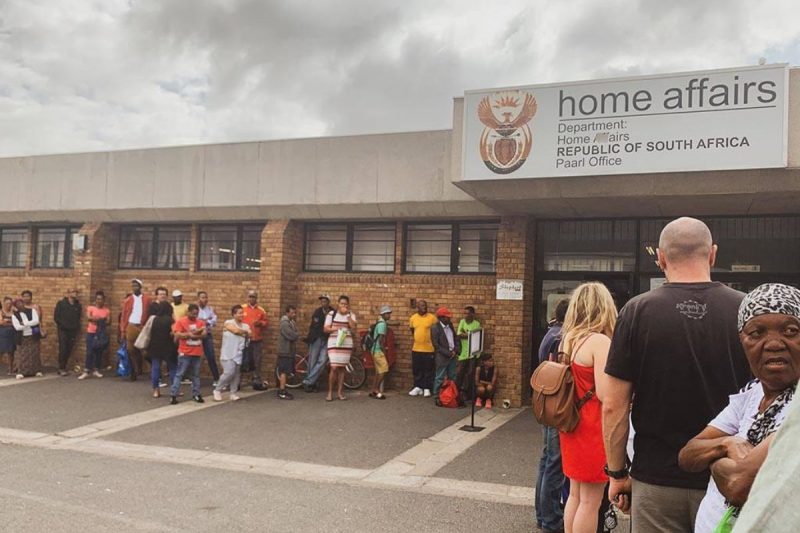Home Affairs asks permission to make a big change

The Department of Home Affairs has formally applied to be exempted from using the State Information Technology Agency (Sita) to procure its ICT equipment and services.
In its Home Affairs 2025/2026 Annual Performance Plan, the department blamed much of its inability to deliver effective digital services on its obligation to work through Sita.
While the department acknowledged its outdated infrastructure and funding shortages limited its capacity for full digital transformation, it emphasised that it was fully reliant on Sita for all its IT needs.
The Department of Home Affairs (DHA) said that Sita’s poor performance slowed operations and prevented the department from realising its modernisation goals.
“The DHA has long experienced challenges with Sita, primarily due to system downtime, delayed procurement processes, and excessive costs,” the plan stated.
The department said the issues have disrupted the DHA’s ability to maintain reliable infrastructure and meet its strategic objectives.
That includes work on critical projects like the Biometric Movement Control System and the Automatic Biometric Information System.
“Furthermore, Sita’s inefficiencies in managing third-party contracts, such as with BCX and Telkom, have exacerbated operational risks, affecting national security and service delivery,” the department said.
As a result of Sita’s failures, the DHA has faced repeated disruptions, which have made it difficult to achieve performance targets and ensure stable service delivery to citizens.
The department said an exemption would grant it the flexibility to source IT services from more reliable and cost-effective external providers.
“To successfully transition away from Sita, the DHA is exploring partnerships with private IT providers that can deliver robust, secure, and high-availability services,” the department said.
“These alternatives are expected to reduce downtime, streamline procurement processes, and optimise costs.”
In addition to system downtime, the DHA said Sita had caused procurement delays for essential hardware, licences, and connectivity and imposed costs on the department that were not reflective of market pricing.
Furthermore, it had ineffectively managed key service providers, leading to extended system outages and slow response times, and created a risk for national security.
“Disruptions to biometric systems at ports of entry increase security risks and undermine border management,” the department said.
Sita exemption plan in the works for years

DHA minister Leon Schreiber has been vocal about his intention to transform his department into a more digitally transformed entity.
Key to this will be offering a much wider range of services online, which will require significant upgrades to the department’s current systems.
DHA and Sita have previously bickered over who is to blame for the frequently recurring “System is Offline” issues at Home Affairs offices, which have caused major headaches for South Africans.
In 2021, former Home Affairs minister Aaron Motsoaledi called the department’s Sita-provided IT system its “original sin.”
He said the department had long been developing a plan to move away from Sita and that a programme on the plan would be provided “in due course.”
Sita boss Luvuyo Keyise rebuffed Motsoaledi’s claims and maintained that the reason for the DHA’s poor system performance was that it would only buy the cheapest possible service.
“They buy a bronze service, which offers a 16 business hours turnaround time on issues,” Keyise said.
At the time, that plan provided a single 2Mbps copper-based ADSL connection with a basic service level agreement.
Communications minister has a different plan

The vast majority of state departments and state-owned entities are currently using Sita.
However, one major exclusion is the South African Revenue Service (Sars), which has arguably among the best IT system stability of government-run entities.
Sita’s poor performance and leadership issues have also come under fire from communications minister Solly Malatsi.
The minister recently proposed amending the Sita Act to allow government departments to circumvent the agency and procure equipment and IT services directly.
He argues that shifting Sita’s resources away from smaller departments would allow it to focus on delivering better services to bigger customers — like Home Affairs.
The condition for such exemptions would be that a department must provide a viable business case for going direct to a provider — including a faster turnaround time and lower cost.
“This flexibility can improve public services for all South Africans by ensuring that the government can respond faster and spend resources more efficiently,” Malatsi said.
































